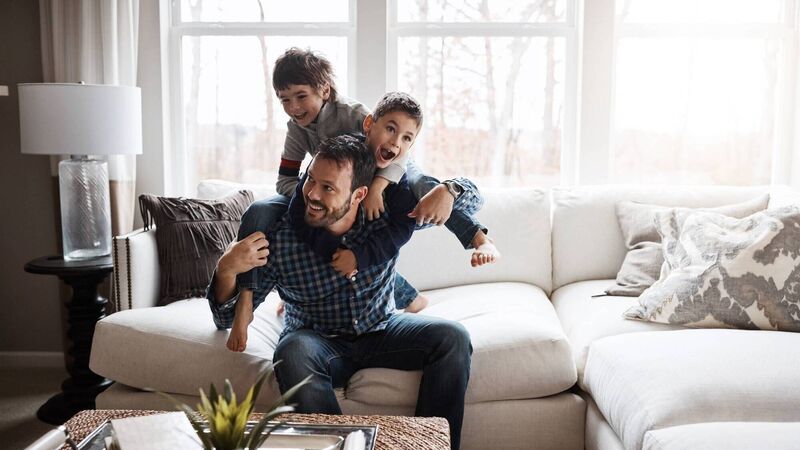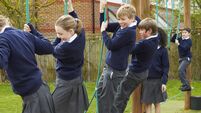Colman Noctor: You have to work at being a hands-on dad

Picture: iStock
How I am as a father bears little resemblance to my father’s role in my life growing up. In the late '70s / early '80s, most fathers did not play a visible role in child-rearing. My father was no exception. A quiet man, he would have taken a ‘hands-off’ approach to the everyday running of our family. I don’t remember him preparing a school lunch, attending a parent-teacher meeting or bringing me to a GP or dental appointment. But that’s not to say he wasn’t involved in our lives in other ways.











